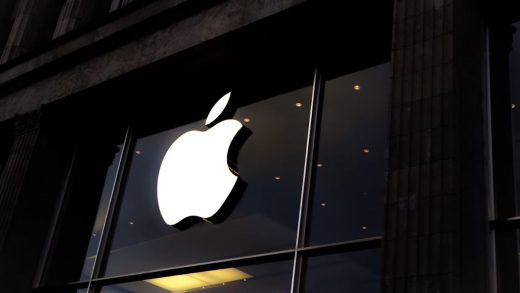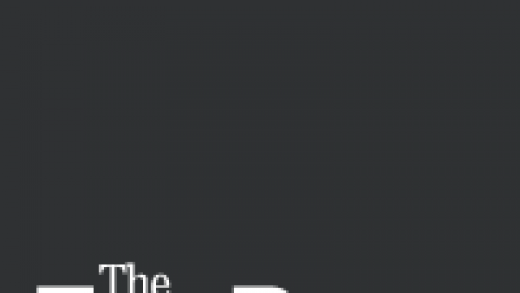
In a news release that contained little more than a sentence, Conservative Party of Canada Leader Pierre Poilievre announced he’ll be in Winnipeg this week to deliver remarks at an event hosted by a local think tank.
The statement did not include details about what Poilievre plans to speak about nor where the Frontier Centre for Public Policy event will occur Friday, beyond an 11:30 a.m. start time.
Later that day, Poilievre is to speak at a town hall-style event at the airport Hilton hotel, with doors opening at 7 p.m.

The Ontario MP’s office did not respond to requests for comment on Wednesday.
While he invited members of the media to photograph him, Poilievre will not answer questions from reporters, something that has largely become his standard since he took hold of the federal Tory leadership on Sept. 10.
The practice has drawn criticism from political pundits, fellow politicians and journalism experts, who say it is evasive, divisive and dangerous for democracy.
“I think it’s wrong. It’s contrary to the notion of democracy, and I’ve never in my time in politics experienced such behaviour as this,” said Judy Wasylycia-Leis, a former NDP MLA whose political career spanned more than 40 years across all three levels of government.
“If you’re running for office, your obligation is to answer honestly and forthrightly to any questions from the media and the public… If you can’t express your view on a certain policy or position, and you can’t answer or make yourself available, that is just a slap in the face to voters.”
Wasylycia-Leis came under fire multiple times during her political tenure, both fairly and unfairly, she said Wednesday. Still, when reporters came calling, she answered, believing it was necessary for transparency and accountability.
“I hated it,” Wasylycia-Leis said of dealing with the media. “It was the most difficult part of the job, but it is absolutely obligatory.
“(Poilievre) should be open and accountable to people, Parliament and the press. Part of that is answering questions and criticism.”
Poilievre’s rise to Conservative leadership was marked by numerous derisive comments directed toward the media. Instead of participating in what he describes as untrustworthy legacy media, he has opted instead to deliver messages to voters online in edited video clips.
In November, during a rare media appearance, Poilievre bristled at reporters inquiring about his reluctance to answer questions.
“The press gallery believes it should dominate the political discourse,” he told reporters. “I believe we have a big country with people who are not necessarily part of the press gallery.”
Poilievre’s media silence may in fact be a clever marketing tool, meant to help establish his brand as a political outsider invested in the interests of Canada’s working class, despite the fact the 43-year-old is a career politician first elected MP in 2004, said Bryan Peeler, a professor of political science at the University of Manitoba.
“If I was Pierre Poilievre, I would do the same thing. It’s an effective strategy. Now, is it good for democracy? Probably not.”
Shutting out traditional media sows distrust, and insulates Poilievre from answering questions about his history and policies. It bolsters support within his voter base but likely does not appeal to the broader voting public, Peeler said.
It will also likely have little impact on the next federal election, which Peeler believes will be in favour of the Conservative party, regardless of who is at its helm.
“Governments have shelf lives. The Liberals have been in power for three elections already, and voters typically throw out governments, rather than vote them in,” he said.
A main function of journalism is to hold powerful people to account. If Poilievre is eventually elected as prime minister, he may have no choice but to open up to media queries, as Canadians will expect answers from their top politician, said Brent Jolly, president of the Canadian Association of Journalists.
“We shouldn’t cede ground to politicians and not ask challenging questions because, while there is a segment of the population who doesn’t appreciate the work journalists do, I would say a much more significant portion do take this seriously.”
The idea journalists are the enemy has become mainstream in some circles to the benefit of people such as Poilievre, Jolly said. As an industry, journalism has contributed to this perception by leaning into salacious headlines and editorializing, he added.
It is increasingly important for news organizations to establish a distinction between reporters who write facts, and columnists, who represent opinions. Introducing media-literacy training into educational curriculum would help the broader public differentiate between the two, he said.
“Broadly speaking, we are seeing at more polarization by politicians who are sowing seeds of distrust in the media,” Jolly said.
“I ask (the public) to think critically, not just about what is being said, but about what is being left out by people who don’t want their ideas challenged.”


